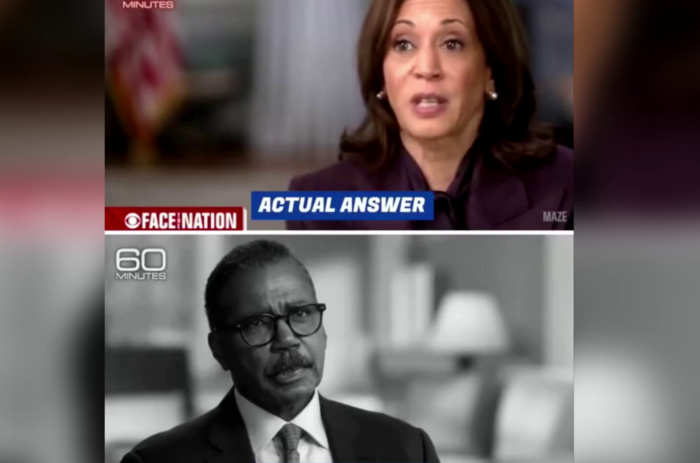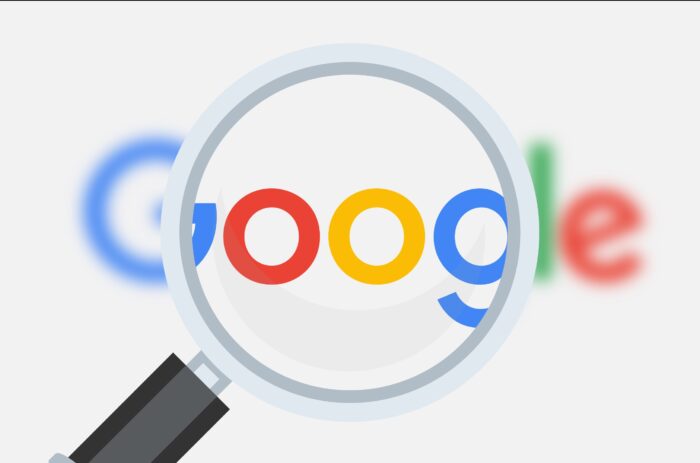redo Jump to...
print Print...
Directions
-Read the excerpt below from Jonah Goldberg's Jan. 8 commentary at USA Today.
-Read "Types of Media Bias" in the right column. Then answer the questions.
Before Paris attack, Egypt’s president called on religious leaders to lead. …
Egyptian President (and strongman) Abdel Fattah al-Sisi delivered a possibly epochal speech at Al-Azhar University in Cairo on New Year’s Day. More than a thousand years old, Al-Azhar is considered by many to be the epicenter of scholarly Islam.
 Addressing the assemblage of imams in the room, al-Sisi called for a “religious revolution” in which Muslim clerics take the lead in rethinking the direction Islam has taken recently. In an excerpt (as translated by Raymond Ibrahim’s website), President al-Sisi said:
Addressing the assemblage of imams in the room, al-Sisi called for a “religious revolution” in which Muslim clerics take the lead in rethinking the direction Islam has taken recently. In an excerpt (as translated by Raymond Ibrahim’s website), President al-Sisi said:
“I am referring here to the religious clerics. … It’s inconceivable that the thinking that we hold most sacred should cause the entire umma (Islamic world) to be a source of anxiety, danger, killing and destruction for the rest of the world. Impossible!
“That thinking – I am not saying ‘religion’ but ‘thinking’ – that corpus of texts and ideas that we have sacralized over the centuries, to the point that departing from them has become almost impossible, is antagonizing the entire world. It’s antagonizing the entire world! … All this that I am telling you, you cannot feel it if you remain trapped within this mindset. You need to step outside of yourselves to be able to observe it and reflect on it from a more enlightened perspective.
“I say and repeat again that we are in need of a religious revolution. You, imams, are responsible before Allah. The entire world, I say it again, the entire world is waiting for your next move … because this umma is being torn, it is being destroyed, it is being lost — and it is being lost by our own hands.”
Words are cheap, particularly in a region where the currency is measured in blood. But al-Sisi has also backed up his words with deeds. On the following Tuesday, al-Sisi attended a Coptic Christian Christmas Mass, the first time anything like that has been done by an Egyptian president. He spoke of his love of Christian Egyptians and the need to see “all Egyptians” as part of “one hand.” …
What is clear is that this is a big deal. Al-Sisi is doing exactly what Westerners have been crying out for since at least Sept. 11, 2001, if not before that. And yet his speech has been almost entirely ignored by the mainstream new media. The commentators and analysts at PJ Media have been all over the story, but there’s been silence from The New York Times, Washington Post, the news networks and other major outlets.
Why? No doubt part of the explanation is that he gave his speech on New Year’s Day, when most journalists are hung over, following football not the foreign press. But another part of the explanation probably has to do with the fact that al-Sisi isn’t the kind of authentic Muslim reformer many Westerners wanted.
Indeed, he’s too Western for some and clearly too autocratic for many (his treatment of the press is outrageous). They wanted the Muslim Brotherhood to succeed in Egypt, not be brought to heel by an Arab Pinochet. Moreover, al-Sisi sees Israel as a de facto ally in their shared battle against Muslim extremism, and that muddies the narrative that Israel is the cause of Middle East extremism, not the victim of it.
Whatever your own view of the man, and whether you think he’s sincere, al-Sisi’s efforts to combat Muslim extremism – militarily and rhetorically – deserve closer attention, if not now then after the images from Paris fade.
(From usatoday.com, by Jonah Goldberg, who is an American Enterprise Institute fellow and National Review contributing editor anda member of USA TODAY’s Board of Contributors.)
Watch a video of President al-Sisi’s Cairo speech:
To accurately identify different types of bias, you should be aware of the issues of the day, and the liberal and conservative perspectives on each issue.
Types of Media Bias:Questions
1. What type of bias is Mr. Goldberg illustrating in his commentary on Egyptian President Abdel Fattah al-Sisi?
2. In his commentary Mr. Goldberg writes:
“Al-Sisi is doing exactly what Westerners have been crying out for since at least Sept. 11, 2001, if not before that. And yet his speech has been almost entirely ignored by the mainstream new media. The commentators and analysts at PJ Media have been all over the story, but there’s been silence from The New York Times, Washington Post, the news networks and other major outlets.”
a) Why do you think major news outlets have not reported widely on President al-Sisi’s speech?
b) Ask a parent the same question.
3. Mr. Goldberg asserts: “Whatever your own view of the man, and whether you think he’s sincere, al-Sisi’s efforts to combat Muslim extremism – militarily and rhetorically – deserve closer attention, if not now then after the images from Paris fade.” And some argue that, notwithstanding the speech at Al Azhar, Sisi has done relatively little to improve the situation of Coptic Christians in Egypt.
Members of the Society of Professional Journalists believe that public enlightenment is the forerunner of justice and the foundation of democracy. The duty of the journalist is to seek truth and report it: provide a fair and comprehensive account of events and issues. (Read the Journalist’s Code of Ethics at: spj.org)
a) Why do you think it is important for the U.S. news media to give this story great attention? (Think about who al-Sisi is, who he was speaking to and what he actually said.)
b) Ask a parent the same question.
Scroll down to the bottom of the page for the answers.
Answers
1. What type of bias is Mr. Goldberg illustrating in his commentary on Egyptian President Abdel Fattah al-Sisi?
Bias by OMISSION and STORY SELECTION.
2. In his commentary Mr. Goldberg writes:
“Al-Sisi is doing exactly what Westerners have been crying out for since at least Sept. 11, 2001, if not before that. And yet his speech has been almost entirely ignored by the mainstream new media. The commentators and analysts at PJ Media have been all over the story, but there’s been silence from The New York Times, Washington Post, the news networks and other major outlets.”
a) Why do you think major news outlets have not reported widely on President al-Sisi’s speech?
Opinion question. Answers vary.
b) Ask a parent the same question.
Answers vary.
3. Mr. Goldberg asserts: “Whatever your own view of the man, and whether you think he’s sincere, al-Sisi’s efforts to combat Muslim extremism – militarily and rhetorically – deserve closer attention, if not now then after the images from Paris fade.” And some argue that, notwithstanding the speech at Al Azhar, Sisi has done relatively little to improve the situation of Coptic Christians in Egypt.
Members of the Society of Professional Journalists believe that public enlightenment is the forerunner of justice and the foundation of democracy. The duty of the journalist is to seek truth and report it: provide a fair and comprehensive account of events and issues. (Read the Journalist’s Code of Ethics at: spj.org)
a) Why do you think it is important for the U.S. news media to give this story great attention? (Think about who al-Sisi is, who he was speaking to and what he actually said.)
Opinion question. Answers vary.
b) Ask a parent the same question.
Answers vary.



